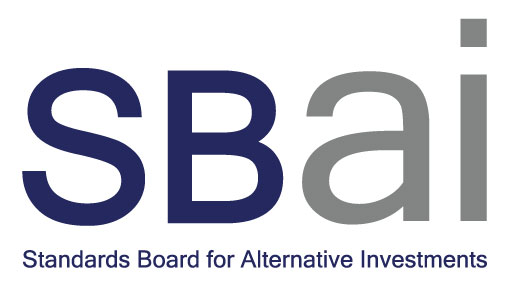SBAI Response to SEC Proposed Rules for Private Funds
The SEC announced proposed extensive new rules for private funds. In our response we raise some concerns about the unintended consequences that might stem from the prescriptive nature of the rules and suggest principles based alternatives.
The proposed rules cover quarterly statements of performance and fees, mandatory fund audits, adviser-led secondaries, preferential treatment and written documentation of compliance reviews. At the SBAI, we are supportive of effective regulation particularly where it encourages disclosure to allow for well-informed investment decisions. Many of these areas are covered in our Alternative Investment Standards. Following engagement with our community of allocators and asset managers, we have raised some concerns about unintended consequences that might stem from the prescriptive nature of the rules.
In our response to the SEC’s request for public input we raised the following key points alongside responses to the SEC’s specific questions:
- Freedom of Negotiation and Contractual Arrangements: We believe that in the years since the global financial crisis, the coming together of asset managers and investors through organisations such as the SBAI or through negotiations and due diligence meetings, has achieved significant improvements in the alternative investment industry relating to fund documentation, fund terms, adviser operations and more. For this reason, we believe investors and advisers should retain as much freedom to negotiate contractual and other terms to continue to achieve new best practices and better outcomes in the industry.
- Grandfathering of Existing Agreements: Many of the proposed rules are wide ranging and cover contractual terms that have been negotiated between investors and advisers over the years. Retrospectively applying these rules to existing agreements will have far reaching consequences for both investors and advisers, including increased costs. Applying any new rules to new agreements only is essential because prior agreements are the result of negotiations with series of compromises and trade-offs for both investors and advisers. Applying rules which address parts of those existing agreements in a piecemeal manner are unfair to both parties. We strongly recommend any disclosure rule that the SEC enacts must have a grand-fathering clause where the rule applies to new agreements from its effective date and not to all historic agreements.
- Principles vs Rules: We are supportive of disclosure by advisers to investors to support well-informed investment choices. In many cases, the proposed rules are overly prescriptive which may result in unintended consequences for the industry. We believe principles-based frameworks, such as our Alternative Investment Standards, are more appropriate to an industry that is diverse in terms of its operations, strategies, asset classes and more. We would strongly recommend that the SEC incorporate some flexibility in the proposed rules to avoid unintended consequences (examples of which we provide throughout our response).
- Disclosure rather than Prohibition: In general, we believe that the terms of investment are a negotiation between advisers and institutional investors. We support the SEC’s view that increased transparency will help institutional investors in this negotiation, but we do not believe that the SEC should prohibit or limit elements of this negotiation. Prohibition can be a blunt tool and may result in valid processes agreed between investors and advisers no longer being allowed. We expand further on this point in our responses to the specific proposed rules. Consistent with many other SEC regulations, we would recommend that the SEC focus on ensuring that there is disclosure of certain activities rather than prohibiting them outright.
- Governance of Private Funds: Throughout the proposed rules the SEC indicates that these rules are required as “private funds typically lack governance mechanisms that would help check overreaching by private fund advisers”. Through these rules, the SEC aims to function as the governance mechanism for private funds. We ask whether instead of imposing many detailed rules, the SEC consider a rule promoting improvements in governance of private funds as an alternative? This would allow more freedom of operations for both advisers and institutional investors, whilst maintaining the correct checks and balances.
- Retail vs Institutional Investors and Interference in Contractual Arrangements: Global regulations almost always distinguish between rules applicable to institutional and retail investors, as institutional investors are, correctly, considered to be more sophisticated and capable of protecting themselves. Institutional investors have differing needs and spend significant time and resources negotiating contractual elements with advisers, including commercial terms and transparency based on their own differing preferences. We would recommend that the SEC allow investors to retain the freedom to negotiate their required contractual arrangements supported by appropriate disclosure to allow for well-informed investment decisions.





